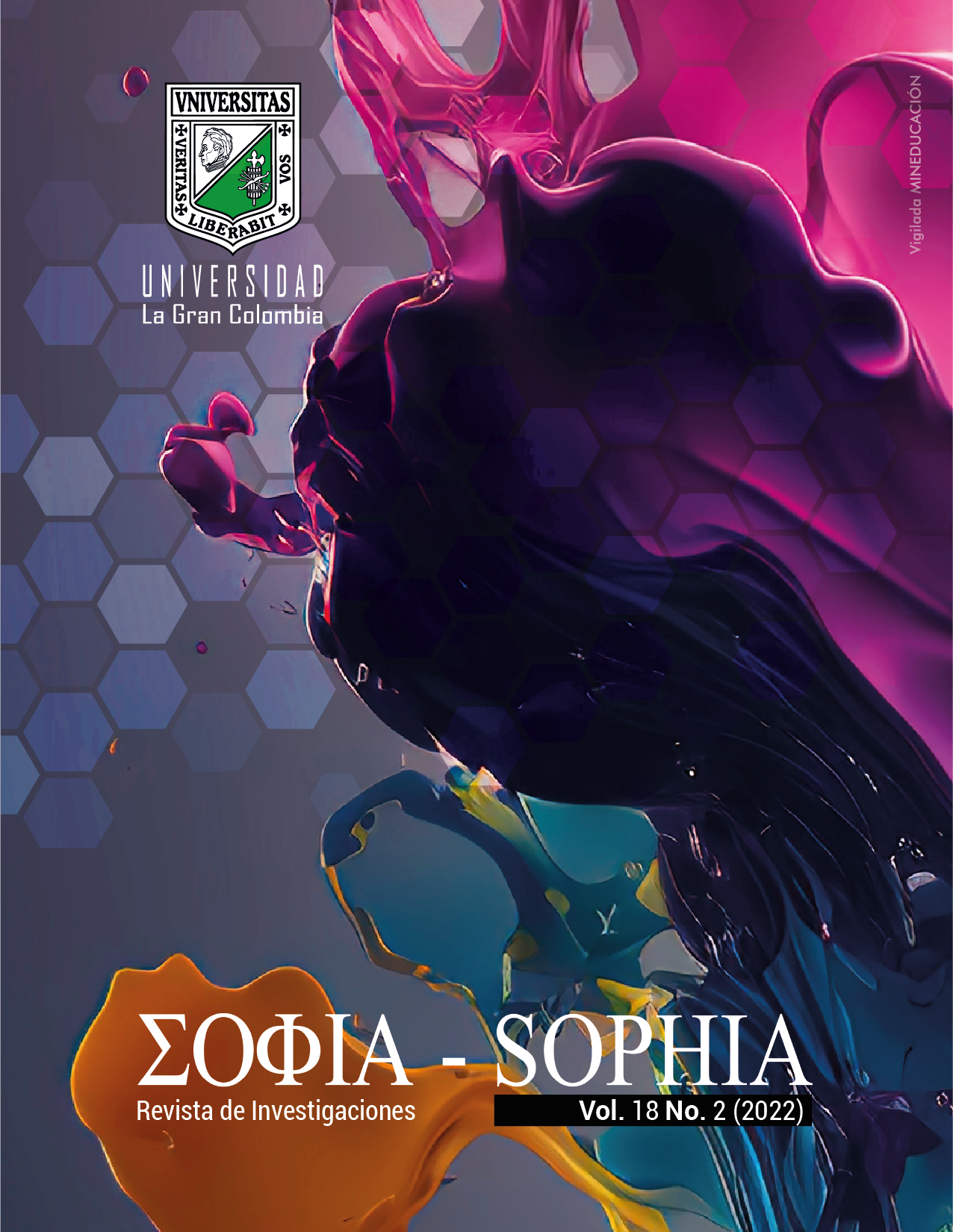Transforming educational paradigms: new classrooms in times of crisis
Keywords:
education, family, pedagogical innovation, pandemic, information technology
Abstract
This article seeks to take a look at the transformation of education and the form of work meetings in the teaching and learning processes as a result of SARS - Cov-2, a pandemic that made educational institutions close their doors leaving aside the presentiality and begin to think about how to teach, how to teach, with what resources to teach, and with what resources to teach, Therefore, the various actors of the educational community entered into a game of constant, autonomous and effective learning with the intention of embracing the different educational platforms (Classroom, Moodle) and social networks (WhatsApp, Instagram, Facebook,...) that became classrooms from each of the homes of both students and teachers. It also stands out the fact that teachers in addition to guiding the educational processes became the emotional support of the families in the middle of the confinement, since the confinement of each of the families produced some crises and conflicts among them. In this back and forth of methodological changes, videoconference platforms came into play to bring synchronous meetings that allowed glimpsing the technological and knowledge gaps of the students from their different contexts. It takes into consideration the changes in communication, which ceased to be face-to-face or physical and moved to a virtual contact (even non-verbal) in which both the receiver and the sender had to be clear about the message being transmitted.Downloads
Download data is not yet available.
Published
2022-12-14
How to Cite
Rivera Pérez, D. M., & Hernández Hernández, D. Y. (2022). Transforming educational paradigms: new classrooms in times of crisis. Sophia, 18(2). https://doi.org/10.18634/sophiaj.18v.2i.1116
Section
Essay
Creative Commosn Licence 4.0








